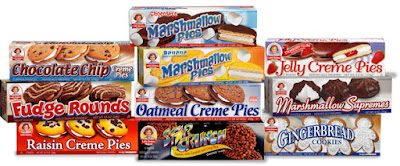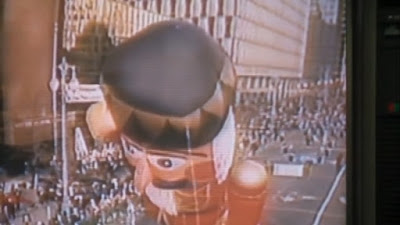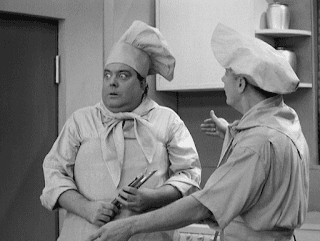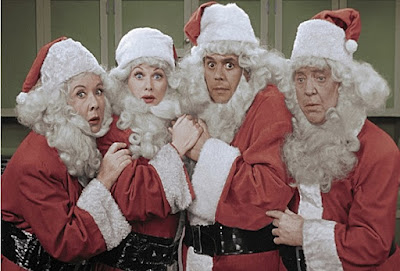The most successful of these leagues was RHI (Roller Hockey International), which played from 1993 to 1999 and showcased many former and future NHL players. The RHI teams played at large arenas in major markets nationwide. My Dad took me to a handful of New Jersey Rockin' Rollers games as a kid, and there were always a ton of games, prizes, and fan interaction to keep the excitement levels up. In 1994, the league was at its largest with 24 teams, but soon, financial hardship caused many organizations to fold or move to different markets. By 1997, they were down to 10 teams, and in 1998, they didn't play at all after they lost their television contract with ESPN. Investors tried for a short resurgence in 1999 with 8 teams, but the revival failed, and the league went belly-up at the end of the season.
A short-lived competitor was the WRHL - World Roller Hockey League. The WRHL was a different business model as it was filmed at an outdoor rink at the SportCourt at Disney-MGM Studios in Orlando, Florida, made specifically for ESPN TV. WRHL did not focus on the live event for fans and was just filtering Disney park guests in and out of the stands. Even though the league boasted retired NHL stars such as Ron Duguay and Pierre Larouche, the league ended after only one season.
Looking back, it's no wonder I loved this league so much... he infused pro wrestling-style showmanship into it!
David McLane in GLOW
ESPN2 was home to PBH, which in the 90s had become a hodgepodge of weird sports. At the time, it aired everything from pro billiards, bowling, slow-pitch softball, the National Spelling Bee, and Nathan's Hot Dog Eating Contests. During this era, ESPN tired to brand ESPN2 as "The Deuce," stocking it with young hosts dressed down in denim and leather with a rock-and-roll edge. This was parodied in the 2004 Ben Stiller movie Dodgeball when the fictional pro-dodgeball tournament appeared on ESPN 8: "The Ocho."
The league adjusted the standard hockey rules to make the game faster, potentially higher-scoring, and more appealing to the TV viewer. There were no face-offs outside of the one that started each period. Aside from the center and goal line, there were no lines for offensive and defensive zones, so icing or off-sides calls didn't exist. There was, however, a 2-point line that was similar to basketball's 3-point line. Behind each net was a skateboard half-pipe like structure with high banked glass to keep the ball in play and provide speed for players as they changed direction. The PBH also played with a bright yellow round ball rather than a standard disc-shaped hockey puck.
The league was also the driving force behind a new style of inline skates. The V-Form skate used a unique chassis that alternated wheel angles. This shorter wheelbase allowed players to make sharper turns and supposedly helped them stop like they would in ice skates rather than be reliant upon a rubber stopper.
Just watch a few minutes of this to see the "Rock and Roll" aspects of PBH... cheerleaders and all. Don't worry, the interview is only 40 seconds long.
The Pro Beach team uniforms are still memorable among hockey fans today for their bright, colorful designs and wacky team names.
Team names included '90s era X-games style monikers such as The Salsa, The Dawg Pac, Heavy Metal, The Web Warriors, The Gargoyles, and the X-press. You'll notice the '90s spelling of names like "Dawg" or "X-Press." Also, with the burgeoning internet and the increased household use of the world wide web, I find the "Web Warriors" was perfect for the time.
The Web Warriors won the first PBH championship in 1998. The Xpress won the 2nd, and the Web Warriors won again in 2000 for the 3rd and final championship.
Ultimately, ESPN was unhappy with the TV ratings the league was receiving and decided to stop financially sponsoring the league. The league could not survive on its own without ESPN's backing and folded at the end of the 2000 season.
Today, there is very little information online about the league. The statistics, player info, standings, and other details have all but vanished. We know the champions and most of the rosters, and that's about it. Aside from a handful of photos and YouTube videos, there isn't much to remember it existed.
Do you remember Pro Beach Hockey or have fond memories of any of the weird things that used to air on ESPN2 back in the day? Leave a comment below!
















.png)





Comments